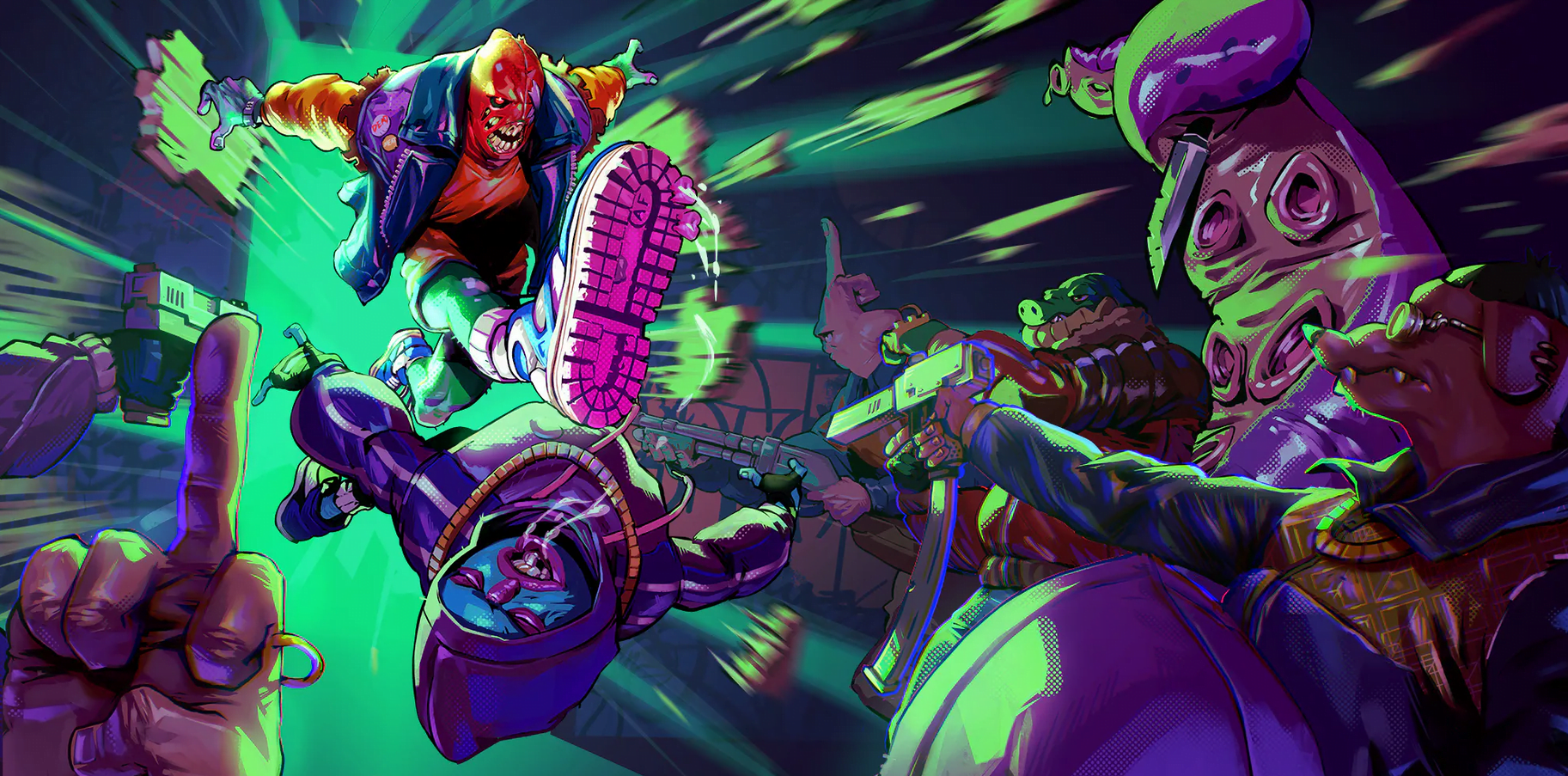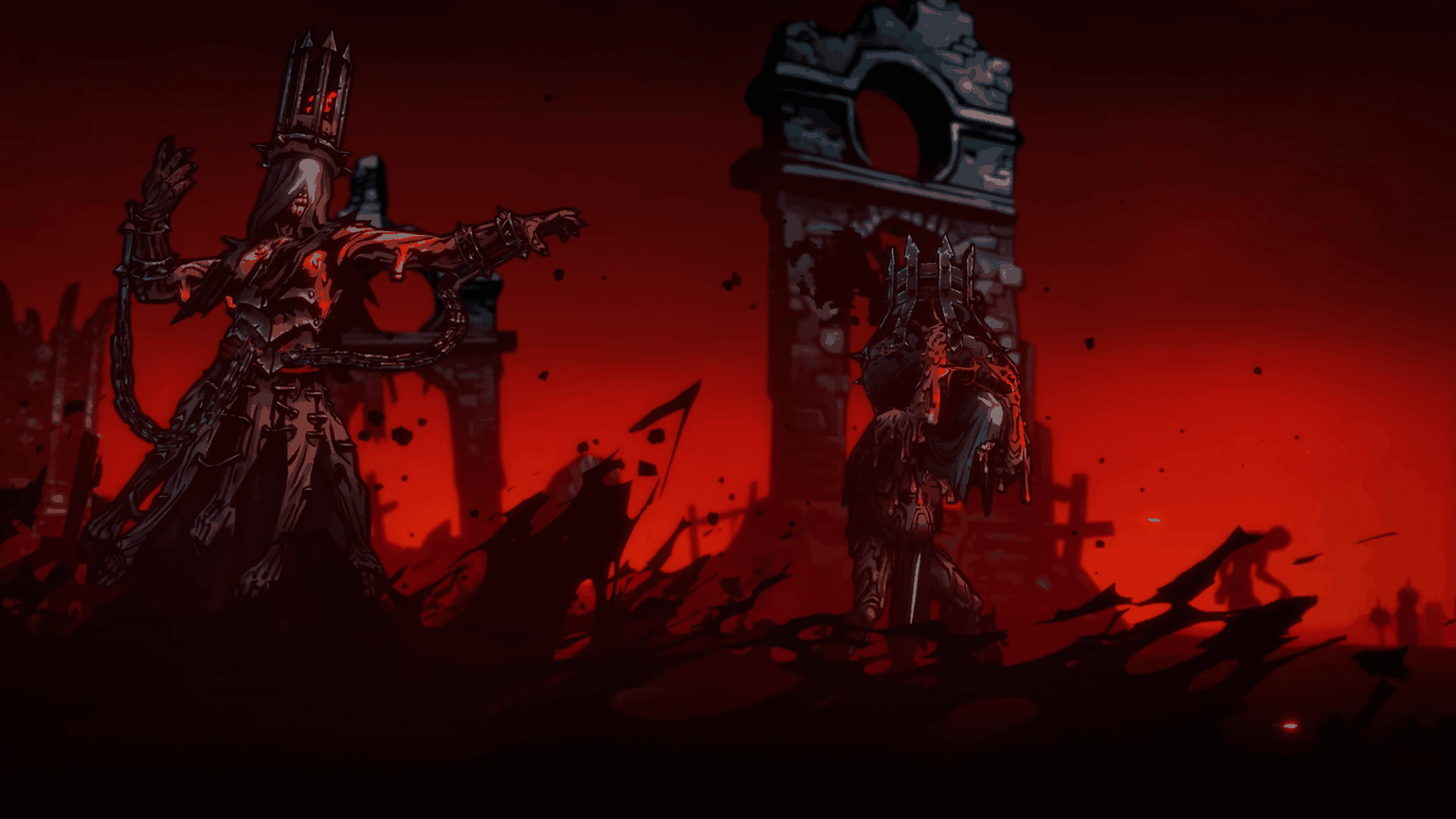In the process in reviewing Monaco: What’s Yours Is Mine, I was unable to finish it. The final levels proved too difficult. I spent hours trying to finish just one of those last stages only to fail every time just on the cusp of victory. I had reached my limit; it was devastating. But also some of the most exhilarating moments in all of Monaco. Never have I felt so stressed, so desperate to win. Every bit of progress I made elicited a huge sigh of relief; at the end of a level, I could feel the anxiety fade. The intensity was palpable.
It was incredible.
Monaco is a two-dimensional, isometric, tough-as-nails cooperative heist game where every instance varies greatly. Random generation of coins and guard locations make every attempt new and unexpected, always foiling any carefully formulated plans you construct. Whether alone or a team, the challenge is such that you can never count on any methods or strategies to succeed, forced to rely on your wits constantly for even a modicum of chance at victory. It’s brutal and magnificent; one of the finest cooperative games around.

The story follows a band of thieves attempting to escape from the rich city-state of Monaco, pulling off a number of big heists along the way. The tale is told across 33 levels and two campaigns, offering up plenty of intrigue as things progress. Both campaigns use the same scenarios, the second act modifying those from the first into much harder stages by altering level design slightly and adding more security measures.
Your goal in each stage is to steal an item – cash, security tapes, jewelry – and escape. You do this by selecting one of eight characters each with their own unique talents. The Locksmith can unlock doors and safes much faster than any other character, for instance, while The Cleaner can knock out unsuspecting foes. Whether you’re noticed or not isn’t an issue. Just do the job and get out.
Stealth doesn’t work here like it does in so many other games. It’s forced, yes – you’ll die many a gruesome death, otherwise – but not so much as to penalize you just for being spotted or tripping an alarm. Rather, you’re encouraged to not worry and just do whatever’s required.
The way levels are laid out practically gives you no choice. Lasers, cameras, pressure pads, turrets – all conspire to bring about your untimely death, in addition to the usual suite of security guards and cops. Hacking terminals unleash viruses that disable those fiendish measures for a short period, granting momentary ease, but guards patrol in irregular ways, straying from their usual rounds and entering cabinets, bathrooms, and what have you with little warning. They do not limit themselves to a single back-and-forth circuit, instead adapting as noises are heard and sightings are made.

For how simple the artificial intelligence can be (and often is), it is surprisingly clever. There’s never any true patrol patterns for guards. They wander about somewhat aimlessly keeping an eye out for you, changing course as time goes on. Mostly those changes come about because you were spotted, tripped an alarm, or your scent was sniffed by a pesky hound, prompting a nearby officer to investigate. Other times, it just happens. Avoiding detection relatively easy, though: just sneak when enemies are near.
Apart from The Lookout, who can see every foe on the map regardless of whether they’re in her line of sight, your primary means of tracking guards is staying nearby. Anyone in close proximity have their movements tracked by footprints that appear on the blueprint-esque map. The range isn’t especially far, but farther than you would expect. A question mark appears over the heads of anyone who sees you, slowly filling the longer they can see you. And once spotted, an exclamation point marks your last seen location. This brilliant, intuitive visual feedback provides the exact information you need to effectively remain stealthy.
As a single-player game, Monaco is slow and tactical. You’re able to steadily move and plan, able to make – no, plan for mistakes. Because of your four lives, you can swap characters upon death. It’s as much a boon as it is a hassle. You can purposely kill yourself to swap characters who specialize in whatever obstacle bars your path, completely bypassing otherwise insurmountable roadblocks at a small cost. For example: Could start as The Hacker, who can release viruses through outlets and hack far faster than anyone else, to get through a heavily laser-guarded room then kill yourself to swap to The Gentleman, who can automatically disguise himself when hidden, to walk through the entire security force to the exit. The game actively encourages smart tactics, allowing a wide degree of approaches on any given level.
Tools provide an additional, valuable advantage. Wrenches complete actions instantly, whilst smoke bombs and C4 allow you to make an escape whether through smokescreens or explosive diversions; firearms slay foes (only temporarily, though; they can be revived by their allies), and, of course, disguises and EMPs cloak your presence completely. The types of tools you can use vary from mission to mission. Choosing which one to take is one of the more important strategic decisions you can make, very well hindering an otherwise perfect plan if not used wisely.

Cooperative play is the exact opposite of single. Whereas Monaco is slow and calculated in solo-play, co-op turns Monaco into a bonanza of mayhem. With four players running about, methodology is thrown out the window in favor of playing completely by ear. It is both an easier and harder means of play; you’re able to cover more ground, allowing you to clean levels out faster, but you each only get one life, unable to swap characters upon death.
Teamwork is key. Using your abilities in tandem, watching each other’s backs through careful application of your tools necessary precautions for success. Whether things hastily thrown together or carefully orchestrated, it’s nothing short of exhilarating. The sort that embodies that “just one more game” mentality perfectly. It’s easily Monaco’s greatest strength.
Grammy-nominated composer Austin Wintory composed the soundtrack to Monaco, and it shows. The piano-based tunes act as splendid cat-burglary music, its primarily jovial tone matching the bright, colorful locales. Its sudden change to the frenetic upon being seen evokes urgency perfectly, as well, conveying that frightening sense of impending failure.
That Monaco makes stealth a blast without relegating it to “optional” status, let alone feasible in four-player mayhem, speaks to the game’s craft. The three years between its unveiling and release have been well-spent, refining the concept of multiplayer thievery splendidly. It’s been a long road, but Monaco is here and couldn’t be better.





